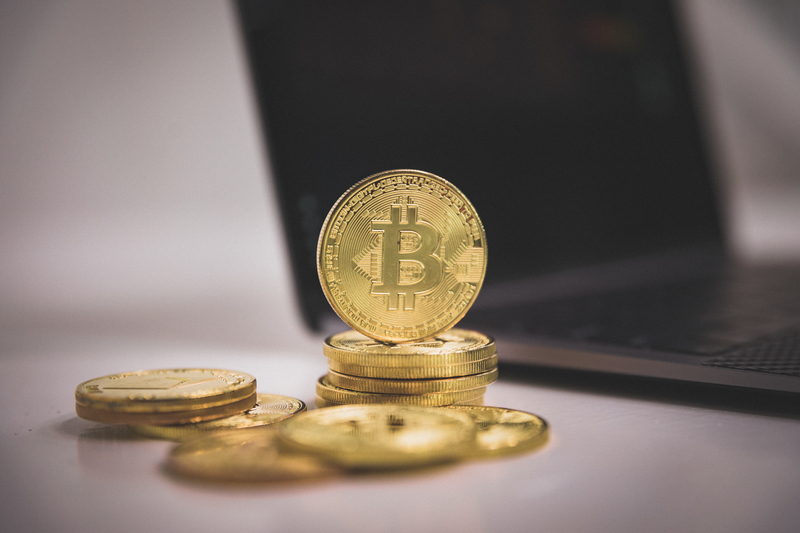Italy’s State-Owned Bank Trials Digital Bonds on Polygon Blockchain
The European Central Bank initiated the trial to explore how blockchains can enhance central bank settlement.

The German Federal Ministry of Finance has explored and drawn up new tax rules regarding the cryptocurrency and virtual asset industry. In a 24-page document, the Ministry’s new tax rules outline the requirements for companies, tax-payers and tax practitioners when it comes to buying, selling, and trading cryptocurrency in the country.
According to the report, any individual who sells Bitcoin or Ethereum over a year after they initially bought it will not be taxed on the profit realised on their investment. Parliamentary State Secretary Katja Hessel confirmed this ruling, noting that the private purchase of Bitcoin and the leading altcoin Ethereum will become tax-free after 12 months following the purchase, noting:
“For private individuals, the sale of purchased Bitcoin and Ether is tax-free after one year. The deadline is not extended to ten years if, for example, Bitcoin was previously used for lending or the taxpayer provided ETH as a stake for someone else to create their block.”
The country got the input and opinion from companies, institutional firms, and investors midway through 2021 regarding the use of cryptocurrency and the income tax involved in profiting from the industry. They were asked to look specifically at the Germany Income Tax Act. Section 23 which states that Bitcoin and Ether are tax-free after a year of their purchasing.
The Ministry in Germany has confirmed that a 10-year period of lending assets does not apply to cryptocurrencies. The clause stating that digital assets would tax-free after a year of acquisition would not lead to an extention if the investor stakes or uses their funds for lending. Typically, in the cryptocurrency and decentralized finance (DeFi) space, lending is a way for investors to use their funds to earn rewards through lending protocols. Borrowers are charged interest on their loans, which is offered to lenders for their capital.
According to the new report, any Bitcoin that is generated and earned from mining (rather than purhcased from an exchange or a peer) will also be tax-free after a year of holding the token. State Secretary Hessel noted that the Ministry would be consistently working to update regulation and provide insight and guidance to national lawmakers regarding the cryptocurrency industry.
The country is looking at favourable tax regulation for cryptocurrency investors and traders which helps incentivize the use and investment in the digital asset industry. If crypto investors buy in Germany, they will be encouraged to hold their tokens for longer than a year to enjoy profits at a tax-free rate.
Germany is reputable as a Bitcoin and cryptocurrency-friendly country, with national lawmakers taking active steps to regulate the space rather than ban the industry. In 2019, the European country undertook a blockchain strategy to work to adopt the innovative technology into the framework of different sectors. At the beginning of the next year, German cryptocurrency platforms were required to gain licenses to ensure they sit under the same governing standards as other financial service providers.
The European Central Bank initiated the trial to explore how blockchains can enhance central bank settlement.
n recent months, inflation measures, including the Consumer Price Index and Personal Consumption Expenditures Index, have moderated.
BlockFi clients are to note that client communications will exclusively occur through official email channels.
CryptoQuant CEO says Bitcoin is still vulnerable to “speculative FUDs,” giving smart money a way to buy up cheap BTC.